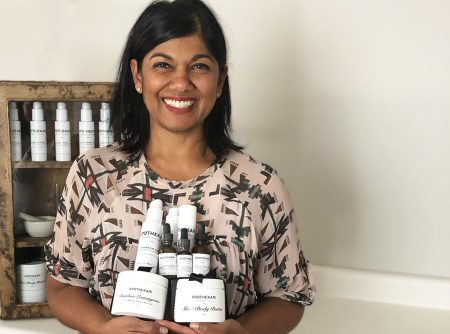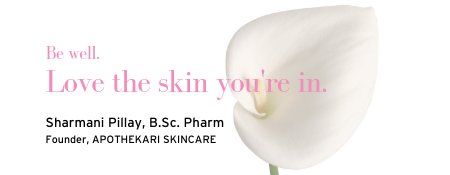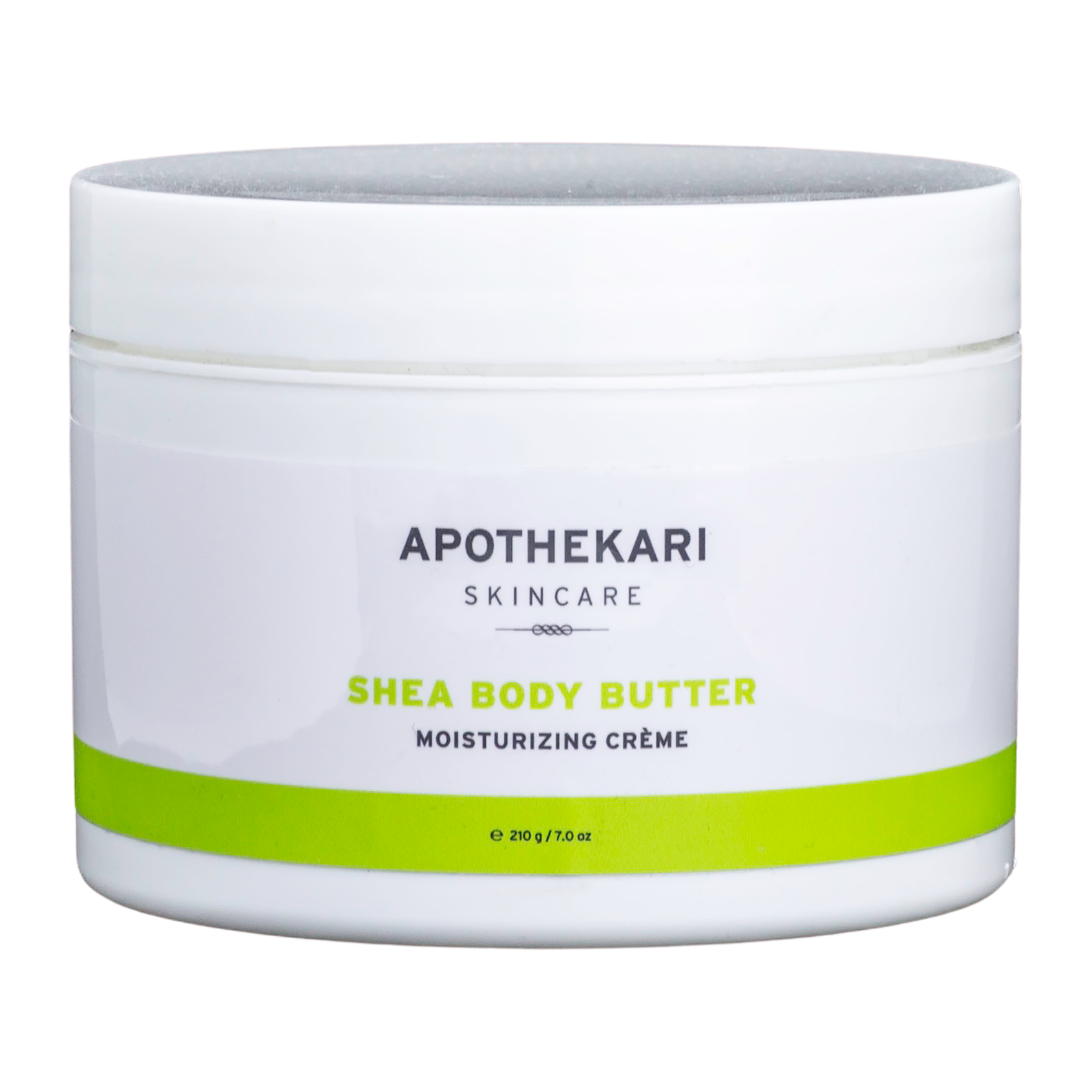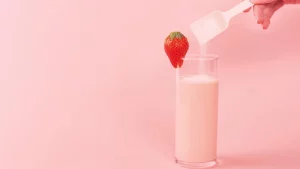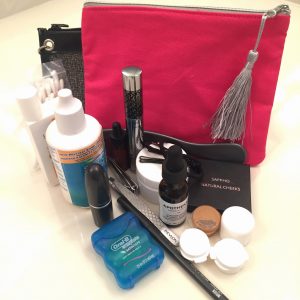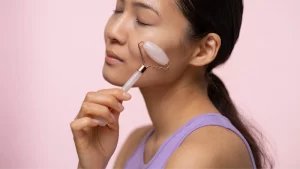Shea butter, also known by its Latin name, Butyrospermum parkii, comes from the karite tree in Africa. Shea fruit are picked from the tree to yield a nutritious pulp that surrounds a large, oil-rich seed from which shea butter is extracted. Historically used for cooking, hair and skin care, this plant lipid is added to cosmetics for its emollient and smoothing properties.
Shea butter has a rich, non-greasy texture and is quickly absorbed because its melting point matches that of our body temperature. It is yellow in colour when raw and becomes ivory or white in colour upon refinement. It is a rich source of antioxidants including vitamins a and e, quercetin, epicatechin gallate, gallocatechin, epigallocatechin, as well as skin-replenishing fatty acids including stearic, oleic and linoleic. It also contains cinnamic acid, which has anti-inflammatory properties and the ability to absorb UVB rays between 290 to 320 nm, giving it some limited capacity as a sun filtering agent.
Find shea butter in skin-and hair-related products such as lip glosses, moisturizers, and hair conditioners for dry and brittle hair. It’s also used by soap makers and is an excellent ingredient for individuals who suffer from dry skin conditions. Medicinally, it is sometimes used as a base for ointments. Some of the isolated chemical constituents are reported to have anti-inflammatory, emollient, and humectant properties.
Shea butter is a key ingredient in Apothekari Shea Body Butter, where it is enhanced with healing herbs, fresh oils, natural vegetarian waxes and an intoxicating blend of essential oils to heal dry, cracked and callused skin.
